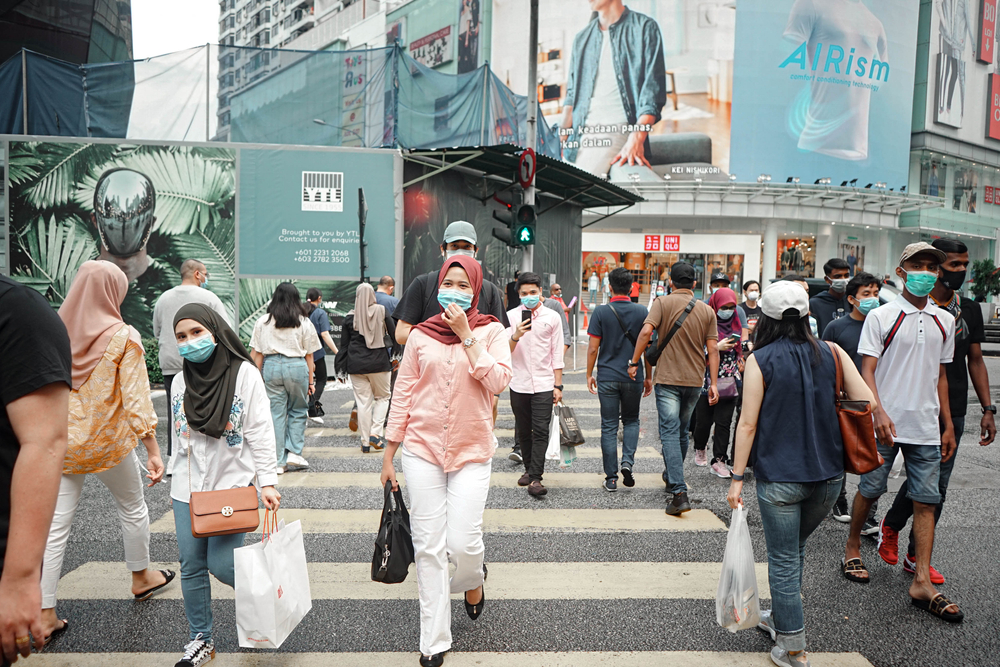Medical Channel Asia presents the weekly Asian medical news bulletin, bringing you essential healthcare news from across the region.
This week’s bulletin reported on AI in Thailand, vaping in the Philippines and monkeypox in Malaysia.
Thailand
Thailand’s National Science and Technology Development Agency (NSTDA) is partnering with the Public Health Ministry’s Department of Medical Services and Ramathibodi Hospital’s Faculty of Medicine at Mahidol University to advance the medical sector through AI data sharing. With 120 million baht in funding, the project aims to develop open medical databases that AI developers can use to create healthcare innovations. This initiative aligns with Thailand’s national AI strategy for 2022-2027 and aims to further elevate the country’s standing in the AI Governance Readiness Index. The collaboration will provide AI researchers access to diverse medical data sets, including chest X-rays and MRI scans, in compliance with data protection laws.
Also reported this week
- Thailand’s Siriraj Hospital Teams Up with Cariva to Revolutionise Medical AI in Asia-Pacific
- Thailand Launches Free Newborn Screenings to Boost Birth Rates and Child Health
- Thaksin Shinawatra Hospitalised: Health Concerns Arise Post-Return from Exile
Philippines
Dr Ma. Encarnita Limpin, executive director of Action on Smoking and Health Philippines, warned that switching from traditional cigarettes to vaping or e-cigarettes is not an effective way to quit smoking. In a health forum, she emphasised that these alternatives still contain harmful substances like nicotine and other chemicals. Studies from the U.S., Australia, and the U.K. have even found nicotine in products labelled “nicotine-free.” Limpin also noted that most adults who switch to vaping or e-cigarettes continue to smoke traditional cigarettes, essentially using both products. She pointed out that while there has been a decline in the number of adult smokers from 2009 to 2021, more work needs to be done to continue reducing tobacco use and the health risks associated with it.
Also reported this week
Malaysia
Malaysia has reported two cases of monkeypox, according to Health Director-General Datuk Dr Muhammad Radzi Abu Hassan. The first case involves a foreign man who had travelled to a country with known monkeypox cases before returning to Malaysia. He showed symptoms on July 19 and recovered fully by August 10. The second case is a local man who had close contact with the first patient and is currently in good health while in isolation. Health authorities have identified and monitored all close contacts of the first patient, with only the second individual showing symptoms. Monkeypox has an incubation period of 5 to 21 days and is infectious from one day before symptoms appear until all blisters dry up
Also reported this week
Vietnam
Vietnam is planning to upgrade five of its top tertiary referral hospitals to both reduce the number of locals seeking medical treatment abroad and to attract more foreign patients, according to a Xinhua report. The Health Ministry aims to develop high-tech healthcare solutions to achieve these goals. The hospitals slated for upgrades are Bach Mai, Viet Duc, and 108 Central Military Hospital in Hanoi, Cho Ray Hospital in Ho Chi Minh City, and Hue Central Hospital in the central province of Thua Thien-Hue. Luong Ngoc Khue, director of the Department of Medical Service Administration, cited the lower cost of healthcare in Vietnam as a significant advantage, with services like endoscopic surgery and dental procedures costing much less than in other countries. The report stated that Vietnamese citizens spent about $2 billion on medical services abroad in 2017, mainly in Singapore, Thailand, and South Korea.
Singapore
Medovate, a medical device development company, has announced the official launch of the SAFIRA (SAFer Injection for Regional Anaesthesia) Palm Operator in Singapore, following approval from the Singapore Health Sciences Authority (HSA). This new addition to the SAFIRA system provides anaesthesiologists with a hand-operated option for greater choice and versatility. The Palm Operator is designed to fit comfortably under a surgical glove and offers full control of aspiration and infusion during injections, similar to the original foot pedal operator. The SAFIRA system was developed in collaboration with clinicians in the NHS to make regional anaesthesia a one-person procedure, thereby increasing efficiency and safety. It also includes a built-in safety mechanism to limit injection pressure. Bluestone Corporation Pte, the appointed SAFIRA distributor in Singapore, will include the Palm Operator in their product offering.
Also reported this week
Indonesia
Indonesian Health Minister Budi Gunadi Sadikin has raised concerns about the health risks of PM2.5 pollutants, describing them as the most dangerous due to their ability to penetrate the bloodstream and enter the lungs. The World Health Organization (WHO) has recently lowered its PM2.5 exposure guidelines to 15 microns gram per meter cubic per day and 5 microns gram per meter cubic per year. Jakarta has consistently exceeded these limits for the past three years. Minister Budi identified the source of PM2.5 as carbon-burning activities like gasoline burning, steam power plants, smelters, and waste burning. The high levels of pollution are correlated with an increase in respiratory diseases, including pneumonia, tuberculosis, ISPA, asthma, and lung cancer, which accounted for Rp10 trillion of the National Social Security Agency budget in 2022.














